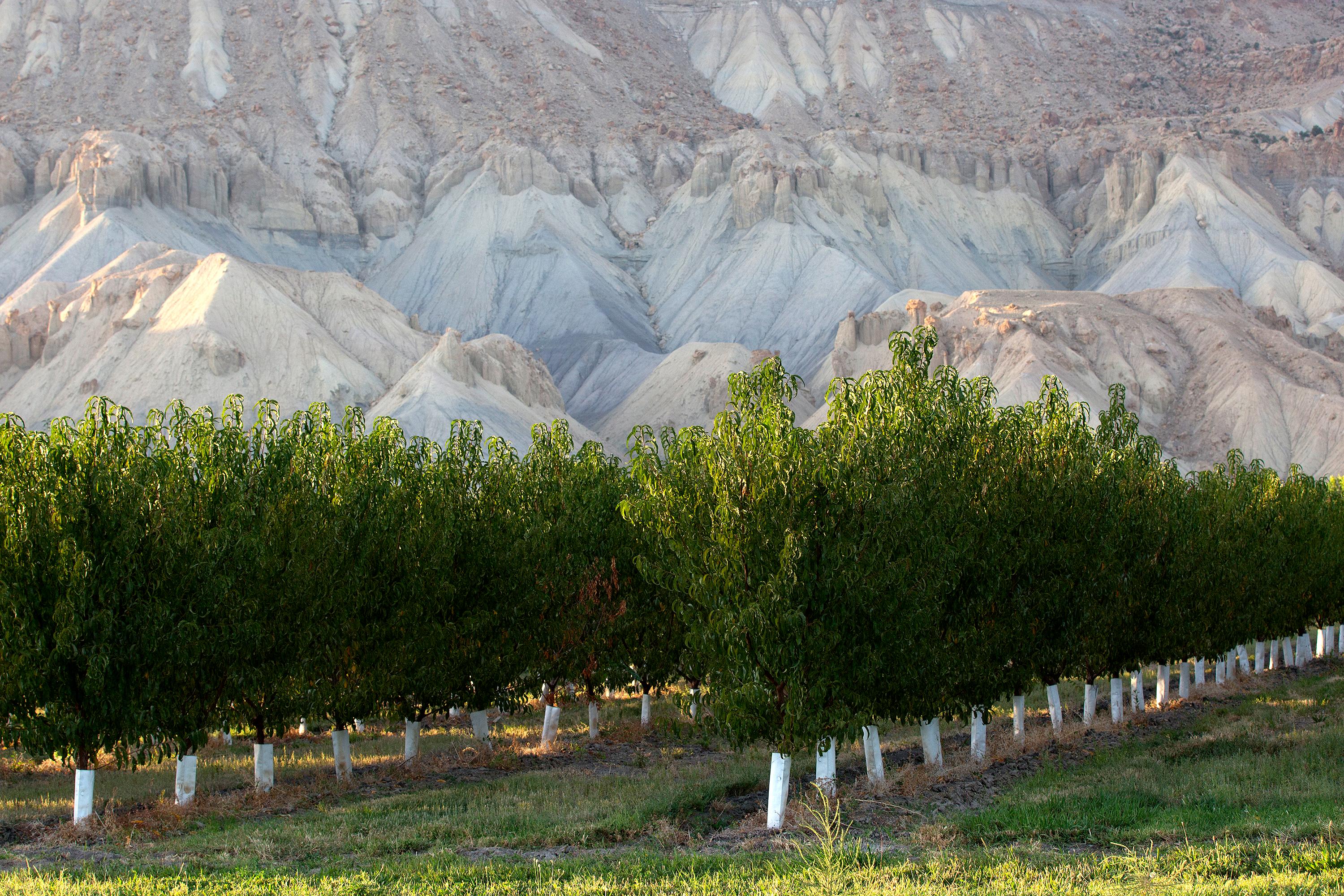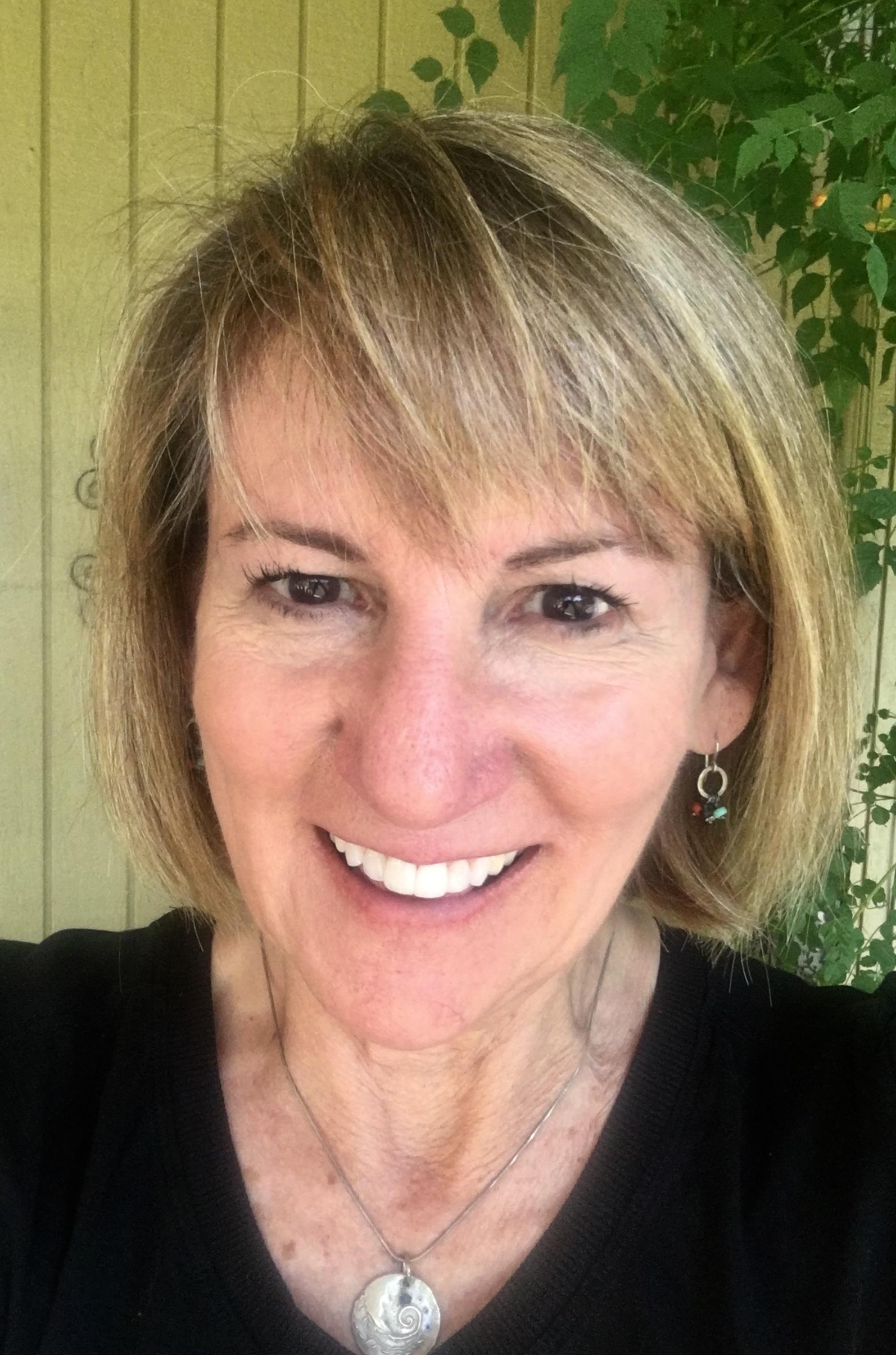
When North Fork fruit grower Harrison Topp drove his pickup home on the morning of April 14 after spending the entire previous night in frantic attempts to keep his peaches alive, he knew he had likely failed. He and his partners had kept 150 barrels burning with fruit tree cuttings and ran two wind machines in his 40 acres of trees throughout the night’s deep freeze. But it was just too cold to bring the temperatures up, even with the fire and wind that sometimes works to keep cold from settling around the trees.
Topp’s thermometer showed 17 degrees F at dawn.
Topp saw the smoke still rising from burn barrels spread throughout the orchards in his valley and knew that many had experienced the same failure. What had been envisioned as another bumper peach crop – and a bright spot in a pandemic year – was suddenly another disaster.
An estimated half of the valley’s peach crop had frozen as it was just beginning to show its pink promise in trees laden with blossoms. It could have been worse. In the state’s other prime fruit-growing region, the Grand Valley around Palisade, the buds were further along and suffered even worse damage. Many growers there lost the majority of their peach crop.
Less than two weeks after that terrible night, Topp and other Western Slope growers could look forward to some potential monetary help when Gov. Jared Polis requested federal disaster aid for the region’s orchards. U.S. Sens. Cory Gardner and Michael Bennet and U.S. Rep. Scott Tipton jumped on board and asked the U.S. Department of Agriculture to quickly approve that request, noting that “during an already disruptive time in our economy, additional stresses and disruptions in the food supply cannot be taken lightly.”
“We ask for your support of Colorado farmers as they work through the fallout of this weather event, and respectfully urge you to grant the request of Governor Polis to issue a Secretarial Disaster Declaration,” stated their letter to Department of Agriculture Secretary Sonny Perdue.
Before that disaster relief request was submitted, Topp spoke to Ryan Warner on Colorado Matters about what such a crop loss means in a time when the COVID-19 pandemic has thrown everything to do with tending, picking and marketing a fruit crop into a tailspin. He detailed his concerns.
Will there be enough migrant workers available to pick and pack fruit? Will farmers’ markets be lucrative in a time of social distancing? What kind of market will there be for commercial and restaurant customers?
In spite of all those unknowns in what would be a challenging year simply in terms of crop loss, Topp said he would not trade the fraught life of an orchard owner, and he doubts that many of his fellow orchardists would either. He joked that he got into fruit farming – after earning degrees in film and television production and anthropology from New York University – through “a combination of poor decisions and hard luck.”
“But I love to farm. I love to grow produce,” Topp said. “And when things go right it’s a dream come true.”









